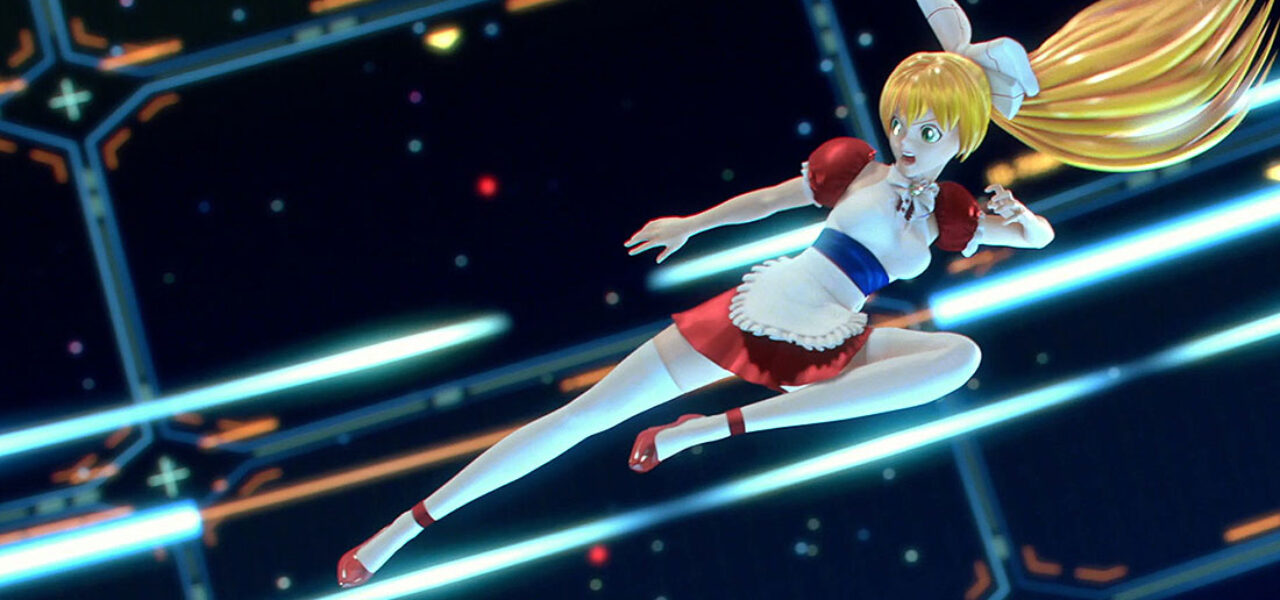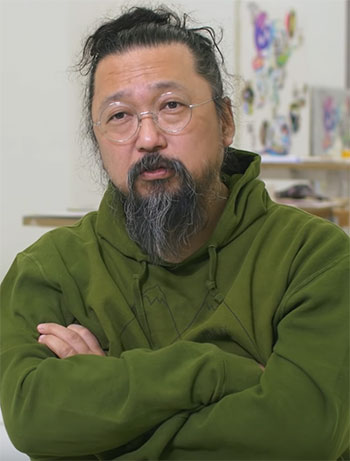

Facing Bankruptcy, Takashi Murakami Abandons Second Feature After 9 Years Of Work
Bad news for the Takashi Murakami faithful: Jellyfish Eyes Part 2: Mahashankh is no more.
The superstar Japanese artist has stopped production on his second feature, after spending nine years and an “enormous budget” on it. He made the announcement in an Instagram post, alongside a 15-minute behind-the-scenes video that reveals just what went wrong with the project. Watch it below:

Murakami, 58, blames the coronavirus, which brought his company to the brink of bankruptcy and forced him to abandon the film. But there’s clearly more to the story. As the artist admits, Jellyfish Eyes Part 1 (image at top), a zany fantasy movie that combines live action and cgi, was a flop. On its release in 2014 — after work on Part 2 had begun — “it received no reaction at all.” (The Criterion Collection released the film on home video in the U.S.)
The problems run deeper than that. Murakami has made a name for himself with his eye-popping pop-art designs, which have drawn comparisons to Warhol. When it comes to filmmaking, however, he says he lacks the basic skills. The behind-the-scenes footage backs that up, depicting a production that was at once dizzyingly ambitious and generally amateurish.
The video is worth watching in full, not just for Murakami’s amusingly self-deprecating commentary — “artists are very foolish people,” he reflects — but also because it gives a sense of what can happen when a director with little understanding of cg production helms a hybrid feature. At one point, Murakami informs his team that Part 2 will have more cg scenes than any Japanese film in history. For the most part, the video just shows anxious colleagues listening stony-faced to his wild suggestions.
The warning signs were already there years ago. After the release of Part 1, Murakami told The Wall Street Journal that he had alienated his entire animation crew. The paper wrote: “He told his animators how the characters should move and then waited a month to see the results, which he rejected — again and again, over a year.”
The silver lining to this mad vanity project? Murakami is willing to admit where he went wrong. He promises to release more videos like this, in the hope that young people realize that even a major-league artist makes mistakes. In the meantime, he has an apology to make: “I’m sorry [to] everyone who was involved in this project.”

.png)
